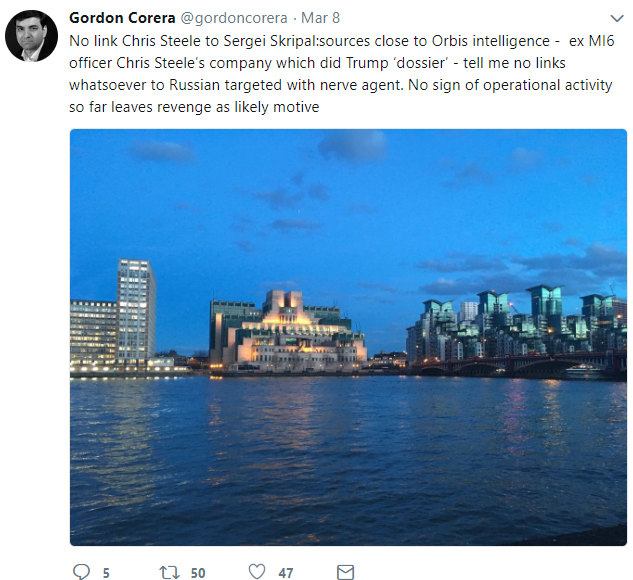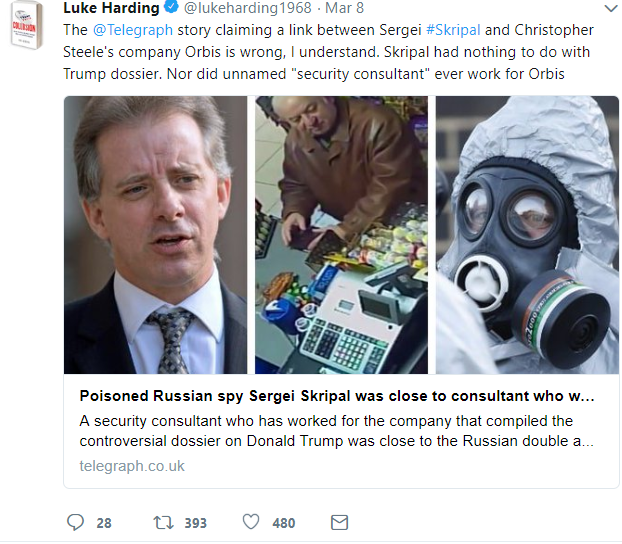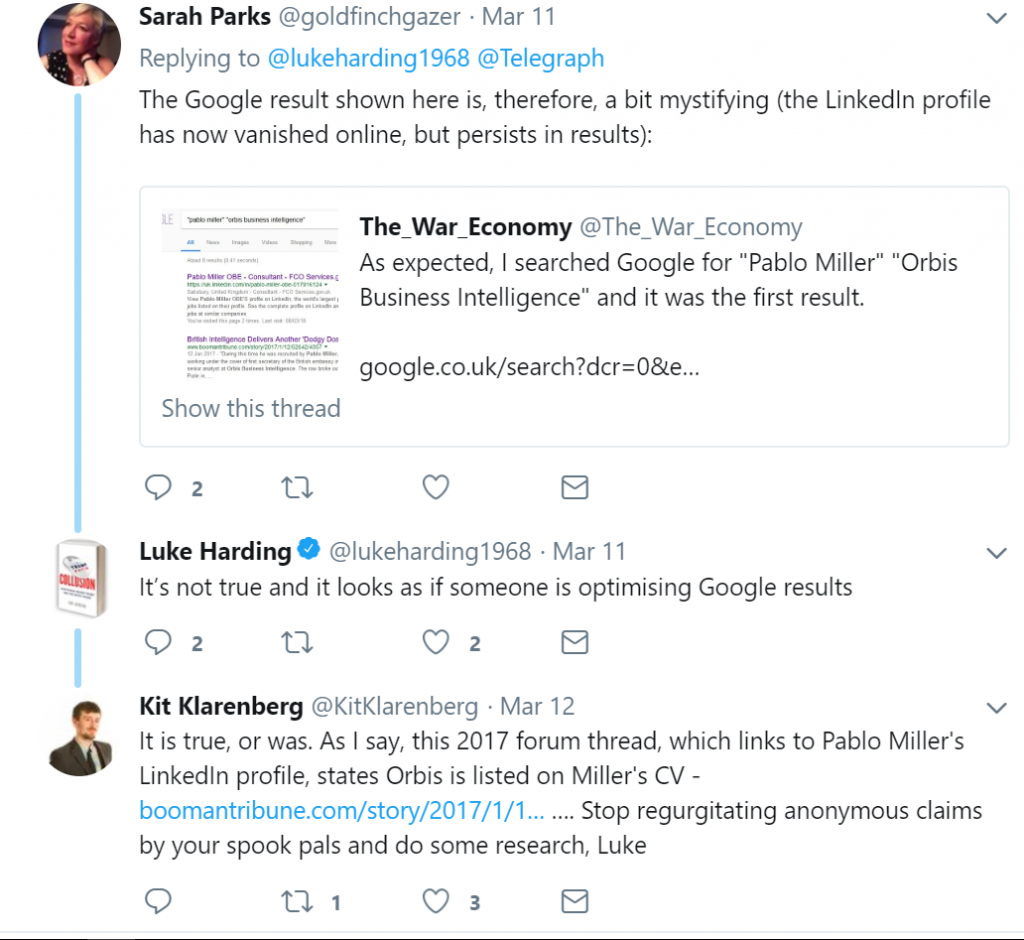If the last Parliament had run its course, then the 2020 General Election would have seen significant gains by the Lib Dems from the Conservatives in the Remainer heartlands of the South. On Thursday, watch out for such gains at municipal level. If they materialise there this week, then expect them at the 2022 General Election, too.
Thereby greatly increasing the chance that Labour will be the largest party in that hung Parliament. In turn, that would necessitate, even more than would already have been the case, the presence of people on whom any Government would be dependent and who would fight as hard for areas such as this one as the Lib Dems would for their own well-heeled, pro-EU constituencies. You know what you have to do, brothers and sisters. You know what you have to do.
I must emphasise that, while obviously coming from the Left, I am both a product and a feature of the political pluralism of North West Durham. I have therefore undertaken that, if I were to be elected as the Member of Parliament, then I would appoint an Independent, a Labour, a Conservative and a Liberal Democrat supporter in each of the County Wards, ideally including at least one person in each of the former District Wards, to communicate the concerns of local people to me, and then to work with them and with me in order to address those concerns. You know what you have to do, brothers and sisters. You know what you have to do.
I have further undertaken, that, in the hung Parliament that is the most likely outcome of the next General Election, the price of my support for any Government would be the necessary support for a number of projects in each of the former District Wards equal to the former number of District Councillors, together with justice for the 472 Teaching Assistants whom Durham County Council had deprived of 23 per cent of their incomes. You know what you have to do, brothers and sisters. You know what you have to do.
As a supporter of Jeremy Corbyn who is not a member of any political party, he has given me some cause for disappointment. He has overlooked his supporters by appointing his enemies to frontbench and other positions. He permitted a free vote on Syria. He whipped an abstention on Trident. He has acted against the social and ethnic cleansing of Labour Haringey, but not to secure justice for the 472 Teaching Assistants in Labour Durham.
Corbyn’s housing and transport policies go nowhere near far enough. He supports the Government’s indulgence of the ludicrous theory of gender self-identification. He sides with neoliberal capitalism on the issues of drugs and prostitution. He has hinted at support for the Customs Union, which, in a crowded field, has a reasonable claim to be the worst of all the many bad things about the EU. He has accepted some of the Government’s baseless and collapsed claims about Salisbury and Douma. He has failed to make the trip to Iran that would certainly secure the release of Nazanin Zaghari-Ratcliffe, thereby making it highly unlikely that Abbas Edelat would have been arrested, either.
He has met the Board of Deputies of British Jews and the Jewish Leadership Council without having waited for the local election results in London to establish whether or not they spoke for anyone very much at all. He has failed to prevent the Labour Party from suspending or expelling distinguished Jewish activists for purported anti-Semitism.
And now, under Corbyn’s Leadership, Labour has expelled Marc Wadsworth, the man who introduced Doreen and Neville Lawrence to Nelson Mandela. It has done so on the say-so of one Ruth Smeth, who is notable for nothing apart from having made an allegation of anti-Semitism against Wadsworth, an allegation that she has since withdrawn. Yet she and some 50 other white MPs marched through the streets to demand his expulsion, in a scene reminiscent of a lynching. They all remain members of the Labour Party, as does Tony Blair of Iraq infamy, yet Wadsworth is expelled for having “brought the party into disrepute”.
If Labour does not do all that well after all in the London local elections, then this will be the reason why. Whether or not those MPs know who Wadsworth is, or why he matters, an awful lot of otherwise Labour-inclined London voters do.
Like many people, I yearn for Jeremy Corbyn as Prime Minister. But we must reserve the right to pursue that electoral objective outside the Labour Party. You know what you have to do, brothers and sisters. You know what you have to do.
I must emphasise that, while obviously coming from the Left, I am both a product and a feature of the political pluralism of North West Durham. I have therefore undertaken that, if I were to be elected as the Member of Parliament, then I would appoint an Independent, a Labour, a Conservative and a Liberal Democrat supporter in each of the County Wards, ideally including at least one person in each of the former District Wards, to communicate the concerns of local people to me, and then to work with them and with me in order to address those concerns. You know what you have to do, brothers and sisters. You know what you have to do.
I have further undertaken, that, in the hung Parliament that is the most likely outcome of the next General Election, the price of my support for any Government would be the necessary support for a number of projects in each of the former District Wards equal to the former number of District Councillors, together with justice for the 472 Teaching Assistants whom Durham County Council had deprived of 23 per cent of their incomes. You know what you have to do, brothers and sisters. You know what you have to do.
As a supporter of Jeremy Corbyn who is not a member of any political party, he has given me some cause for disappointment. He has overlooked his supporters by appointing his enemies to frontbench and other positions. He permitted a free vote on Syria. He whipped an abstention on Trident. He has acted against the social and ethnic cleansing of Labour Haringey, but not to secure justice for the 472 Teaching Assistants in Labour Durham.
Corbyn’s housing and transport policies go nowhere near far enough. He supports the Government’s indulgence of the ludicrous theory of gender self-identification. He sides with neoliberal capitalism on the issues of drugs and prostitution. He has hinted at support for the Customs Union, which, in a crowded field, has a reasonable claim to be the worst of all the many bad things about the EU. He has accepted some of the Government’s baseless and collapsed claims about Salisbury and Douma. He has failed to make the trip to Iran that would certainly secure the release of Nazanin Zaghari-Ratcliffe, thereby making it highly unlikely that Abbas Edelat would have been arrested, either.
He has met the Board of Deputies of British Jews and the Jewish Leadership Council without having waited for the local election results in London to establish whether or not they spoke for anyone very much at all. He has failed to prevent the Labour Party from suspending or expelling distinguished Jewish activists for purported anti-Semitism.
And now, under Corbyn’s Leadership, Labour has expelled Marc Wadsworth, the man who introduced Doreen and Neville Lawrence to Nelson Mandela. It has done so on the say-so of one Ruth Smeth, who is notable for nothing apart from having made an allegation of anti-Semitism against Wadsworth, an allegation that she has since withdrawn. Yet she and some 50 other white MPs marched through the streets to demand his expulsion, in a scene reminiscent of a lynching. They all remain members of the Labour Party, as does Tony Blair of Iraq infamy, yet Wadsworth is expelled for having “brought the party into disrepute”.
If Labour does not do all that well after all in the London local elections, then this will be the reason why. Whether or not those MPs know who Wadsworth is, or why he matters, an awful lot of otherwise Labour-inclined London voters do.
Like many people, I yearn for Jeremy Corbyn as Prime Minister. But we must reserve the right to pursue that electoral objective outside the Labour Party. You know what you have to do, brothers and sisters. You know what you have to do.

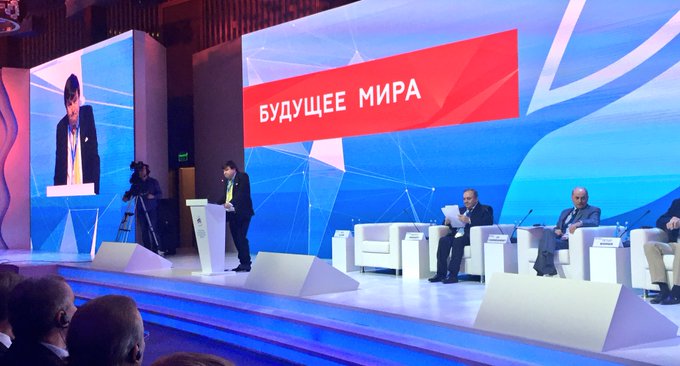



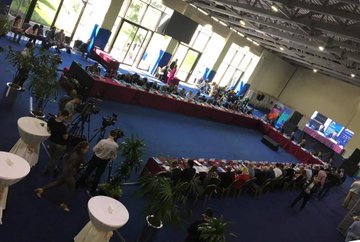

 . Over 50 delegates from more than 20 countries took part in the conference sessions.
. Over 50 delegates from more than 20 countries took part in the conference sessions.